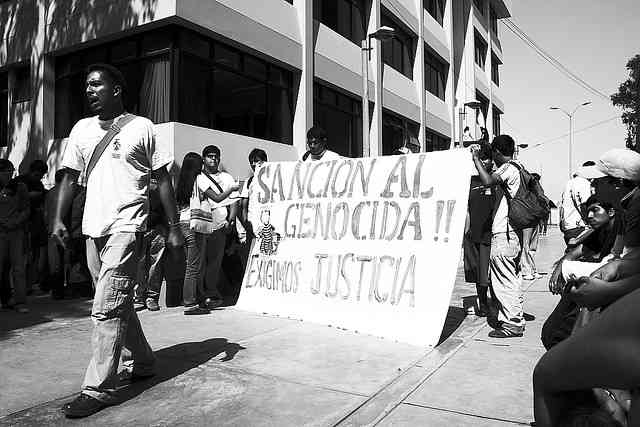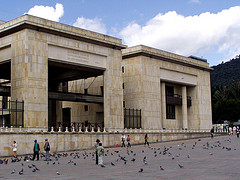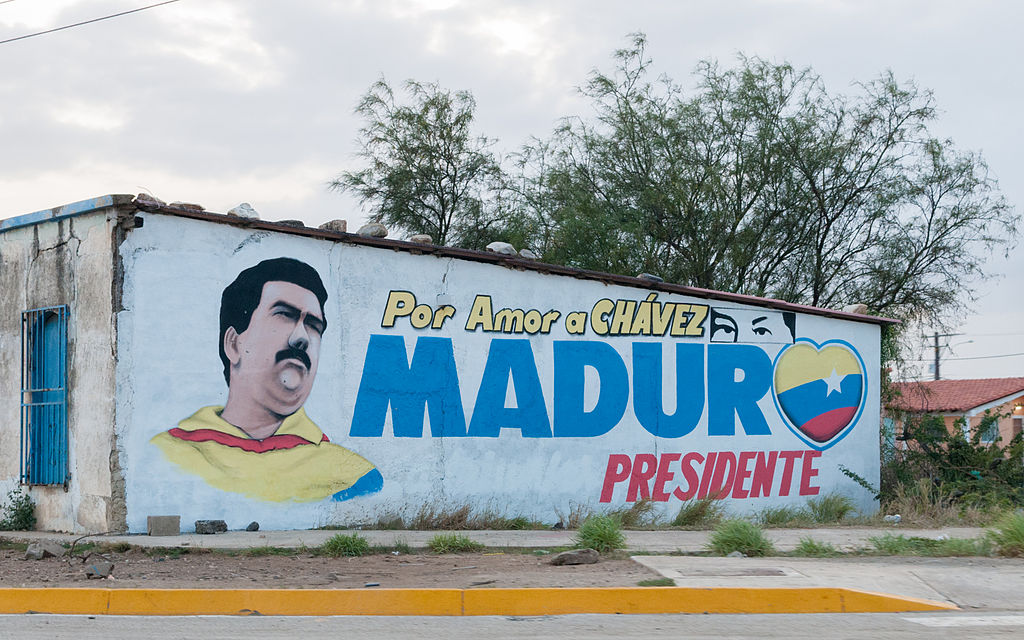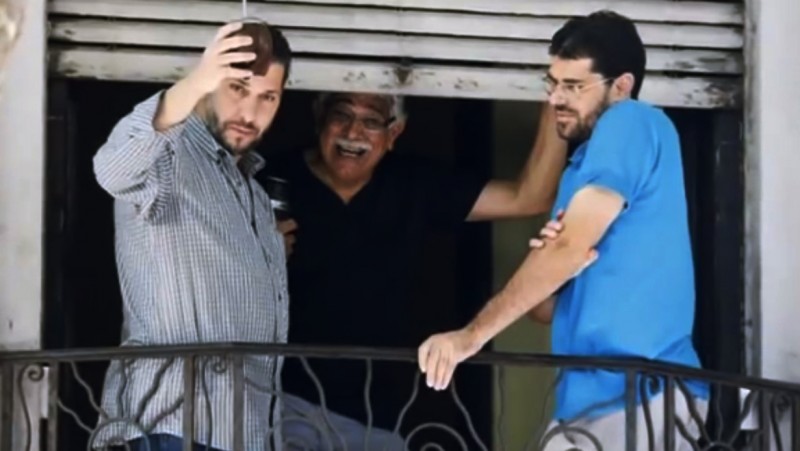
Latin America: Week in Review, Mexico, North America
Mexican Government Reportedly Drafting Sweeping Land Reforms
May 15, 2015 By Staff
Top Story — The administration of Mexican President Enrique Peña Nieto is drafting legislation to give foreign investors and private companies more leverage over rural landowners, according to government sources who spoke to Reuters on condition of anonymity. If passed in its current format, the proposed bill will comprise the most significant reform of land rights in 23 years, and is bound to draw loud criticism from opponents of the ruling Institutional Revolutionary Party.
More than half of Mexico’s land falls under the jurisdiction of farming collectives, according to the Ministry of Agrarian, Territorial and Urban Development. Called “ejidos,” such communal lands were established as part of a redistribution scheme after the Mexican Revolution to protect the mostly poor landowners in rural parts of the country from being exploited by outside interests. The land reform being drafted aims to give business owners greater governmental protection in their dealings with ejidos.
The proposed piece of legislation builds on energy reform passed in 2014, but which failed to bring significant foreign investment to Mexico due to a global slump in oil prices. Peña Nieto has previously been hailed by the international media and foreign governments for opening the country’s economy to outside investors — most notably when he opened Mexico’s oil reserves to foreigners, killing off a monopoly by state-owned oil firm Pemex in the process. The president’s popularity at home and abroad, however, plunged after the gruesome disappearance of 43 teacher-trainee students from the state of Guerrero in September, exposing the violence that continues to plague the country and the inability of the criminal-justice system to protect its citizens.
Headlines from the Western Hemisphere
North America
- Mexico’s government said on Thursday it will pay at least $3.3 million to the families of the suspected criminals killed by army troops in a warehouse last summer, the majority of whom were shot after surrendering, according to a government human rights investigation.
- Mexico is launching a series of programs aimed at combating childhood obesity, the Wall Street Journal reports, including restrictions on sugary and salty foods in school cafeterias, recalling similar initiatives by U.S. first lady Michelle Obama.
Caribbean
- U.S. officials confirmed on Thursday that the country’s diplomats will meet with their Cuban counterparts next week to discuss opening embassies in the two countries, which have not had official diplomatic relations in almost 60 years.
Central America
- After a series of false starts, Guatemalan constitutional judge Alejandro Maldonado Aguirre was chosen by legislators as vice president, an office vacated by the resignation of Roxana Baldetti over claims of corruption — claims she contests.
Andes
- Colombia’s government decided Thursday evening to discontinue aerial spraying of coca plants used to make cocaine in the country, breaking from a strategy that has been the lynchpin of U.S. antidrug policy in the region for more than 20 years.
- Peru’s attorney general has been removed from his post due to allegations of corruption that occurred before he took office, and over which he was first suspended in December.
- Efforts to rescue 15 Colombian gold miners continued on Thursday after the miners were trapped underground by flooding Wednesday, an accident the miners’ foreman worries may have killed them.
- Diosdado Cabello, the head of Venezuela’s legislature, is suing several members of the media for republishing a Spanish story linking him to a drug-trafficking ring.
- Venezuela’s black-market exchange rate has hit a new low: more than 300 bolivars to the dollar, 50 times the official rate, while inflation is nearing 100 percent for the year to date.
Southern Cone
- In the aftermath of a protest, two Chilean university students were shot and killed in Valparaíso on Thursday when they sprayed graffiti on the wall of a building, prompting an angered resident to open fire on them. The shooter has since been arrested.
- China will invest up to $500 billion in Brazil for infrastructure projects, including a joint venture to produce steel and a railway connecting Brazil’s Atlantic coast and Peru’s Pacific coast, as part of a deal due to be signed by banks from both countries next week.
- All professional football matches in Argentina have been cancelled for the weekend in respect of the death of Emanuel Ortega, a player who fractured his skull when he ran into a pillar during a game on May 3 and who passed away Thursday.





